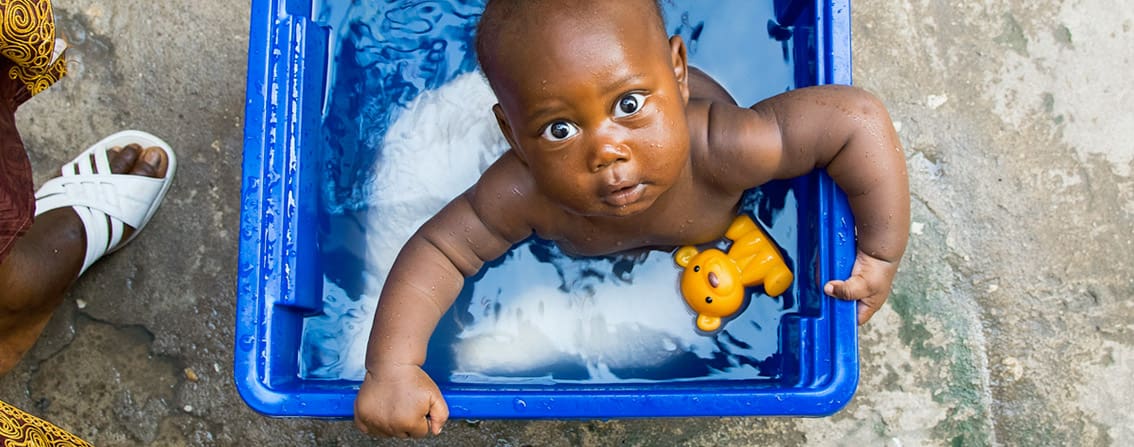How the Ponseti Method is Changing Lives
For many babies throughout the world born with clubfoot, this has been the recipe for healing: the Ponseti method. Developed by Dr. Ignacio Ponseti, a renowned orthopedics doctor, in the 1950’s, doctors love the Ponseti method because it is cost-effective (especially useful in developing countries), non-invasive (allows great long-term outcomes) and has a 98 percent success rate (WHO). According to Ontarian Kalinda Ramsaran, our rehab team leader, it is the best available treatment for clubfeet.
The child’s foot is maneuvered into a more correct position and held there by a cast. This process is repeated until the foot is much improved. Often this is followed by a slight cut to the Achilles tendon to release tension. A brace is then used to maintain the foot or feet at the correct angle and prevent clubfoot from recurring. Thank you Dr. Ponseti for devising a way for us to help so many with clubfoot.
Life altering orthopedic surgeries continue on board the Africa Mercy, and we couldn’t be more excited to share the news with you as patients recover!
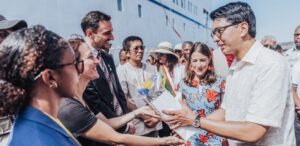
Mercy Ships Welcomes Presidential Visit on board, in Toamasina Harbor
Presidential Visit: Malagasy president His Excellency Andry Nirina Rajoelina visited patients and volunteers on board Mercy Ships’ hospital vessel to see for himself the lives being transformed.

Day of the Seafarer: One Maritime Volunteer’s Story
On this Day of the Seafarer, Mercy Ships wants to honor all the people like Ishaka, volunteer assistant bosun on board the Global Mercy.
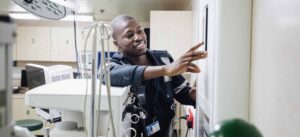
An Electrician’s Journey to Finding Purpose and Professional Growth
When Jean Jacques Diouf came on board for the 1st time, he’d packed his suitcase with enough supplies for one week. Learn more about his professional growth!
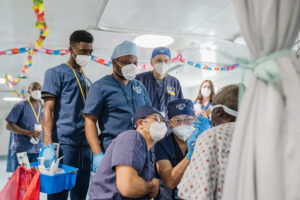
THE MSC FOUNDATION, THE MSC GROUP AND MERCY SHIPS INTERNATIONAL JOIN FORCES TO BUILD A NEW HOSPITAL SHIP
The new purpose-built hospital ship will expand the impact of Mercy Ships’ life-changing surgeries, anaesthetic care and surgical education for future generations of patients and healthcare professionals in sub-Saharan Africa.

The Woman Who Forged Her Way Through Walls: Florence Bangura’s Story
Florence’s journey from oldest to newest Mercy Ship came full circle when she met the Global Mercy™ in 2023, the same year that the purpose-built hospital ship began welcoming its patients on board. Today, you can find Florence, now 49 years old, down in the engine room as a hotel engineering assistant.

Transforming Sierra Leone’s Healthcare: A Vision for Safe and Affordable Surgery
As experts from the surgical and healthcare world gather for the 64th Annual Conference and Scientific Meeting of the West African College of Surgeons in Sierra Leone this week, a profound dedication to advancing surgical knowledge and practice in the region is palpable. At the forefront of discussions lies the conference’s pivotal theme: access to safe and affordable surgical and anesthetic care in West Africa. This theme highlights the pressing need to address disparities in healthcare capabilities and capacities across the region, especially the critical importance of equitable access to quality surgical interventions.
Share
Related Posts

A Franco-Canadian Onboard the Global Mercy
Now living in France, Léa works for Mercy Ships Canada remotely and “seized the opportunity” when the hospital ship Global Mercy came to Europe.
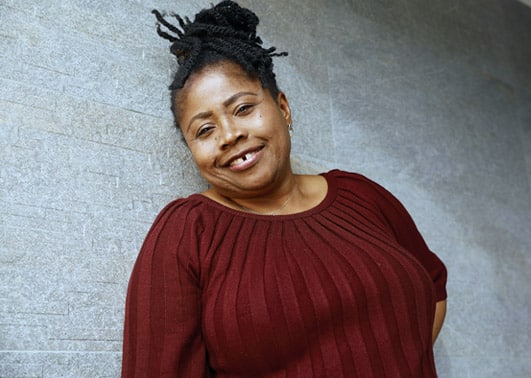
How One Act of Kindness Changed Everything
For Catherine Conteh, there’s a moment from the birth of her daughter that still plays over and over in her mind, 30 years later. Learn how one act of kindness changed everything.
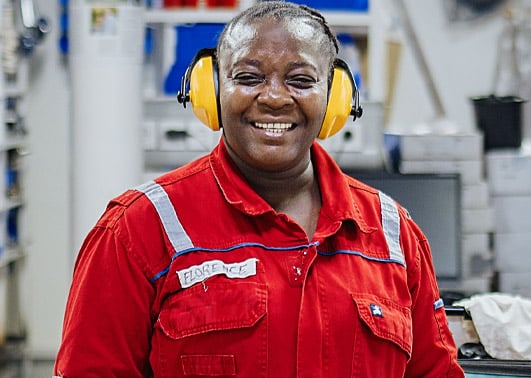
The Woman Who Forged Her Way Through Walls: Florence Bangura’s Story
Florence’s journey from oldest to newest Mercy Ship came full circle when she met the Global Mercy™ in 2023, the same year that the purpose-built hospital ship began welcoming its patients on board. Today, you can find Florence, now 49 years old, down in the engine room as a hotel engineering assistant.
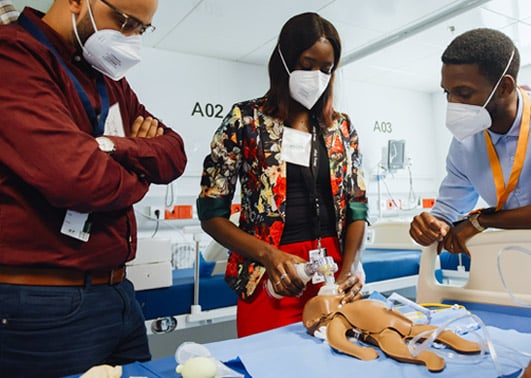
Safer Surgery for a New Generation: Pediatric Anesthesia Training in Senegal
In June 2022, more than 30 Senegalese healthcare professionals boarded the Global Mercy® to equip themselves with new skills that could save countless vulnerable young lives.
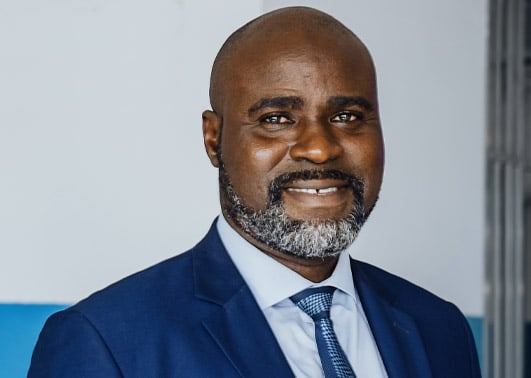
The Next Chapter: Igniting Hope and Multiplying Impact in Sierra Leone
Learn more about the next chapter in Sierra Leone with Dr Lako and Dr Kabba. Together, we can ignite hope and multiply impact!
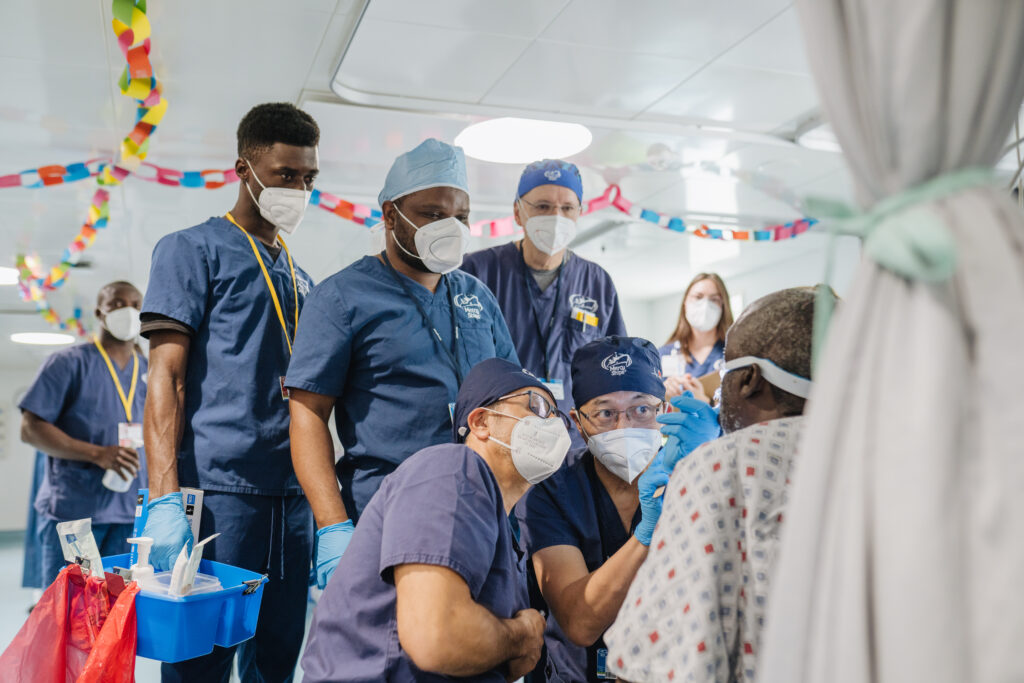
THE MSC FOUNDATION, THE MSC GROUP AND MERCY SHIPS INTERNATIONAL JOIN FORCES TO BUILD A NEW HOSPITAL SHIP
The new purpose-built hospital ship will expand the impact of Mercy Ships’ life-changing surgeries, anaesthetic care and surgical education for future generations of patients and healthcare professionals in sub-Saharan Africa.

